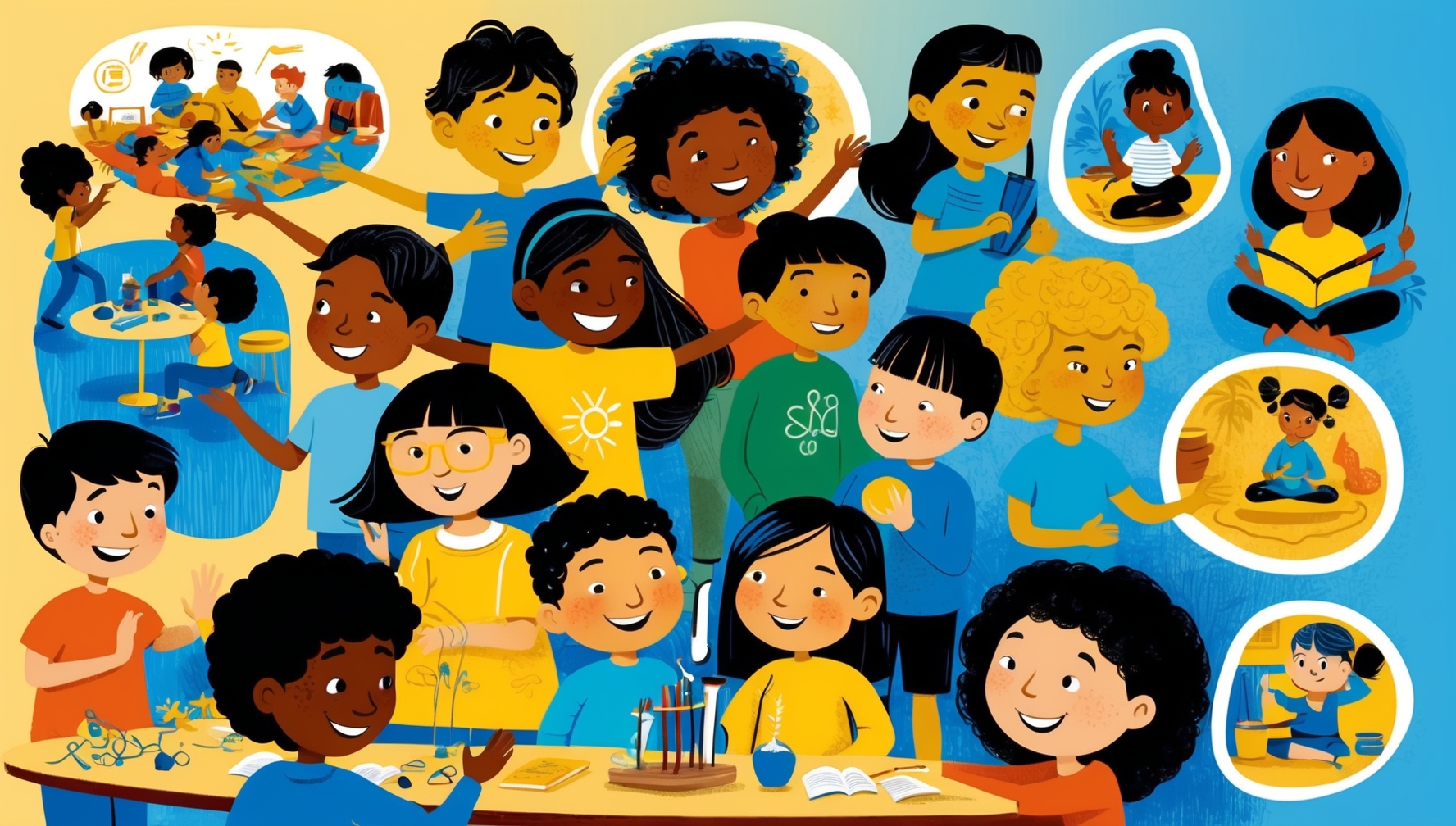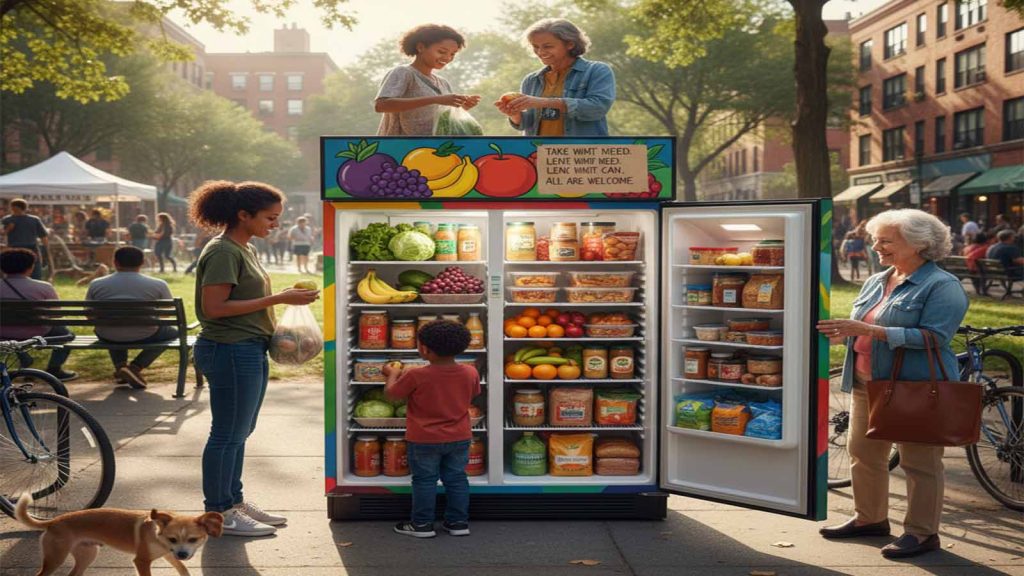After-school programs are essential for supporting children’s development beyond regular school hours. These programs provide valuable opportunities for learning, growth, and fun, making a significant impact on children’s lives. Here’s a look at the types of after-school programs that can make a difference and how they benefit kids and communities.
1. Academic Enrichment Programs
Tutoring and Homework Help: Academic enrichment programs often offer tutoring and homework help to assist students with their studies. These programs help improve academic performance, boost confidence, and provide personalized support. Many communities also have community tutoring programs to provide additional academic assistance to children in need.
STEM Programs: STEM (Science, Technology, Engineering, and Mathematics) programs engage students in hands-on projects and experiments. They foster curiosity, problem-solving skills, and interest in STEM fields, preparing students for future careers.
Reading and Literacy Programs: Programs focused on reading and literacy help children develop strong reading skills and a love for books. These programs often include book clubs, reading challenges, and interactive storytelling.
2. Arts and Creative Programs
Visual Arts: Visual arts programs offer children opportunities to explore their creativity through drawing, painting, sculpture, and other artistic activities. These programs encourage self-expression and enhance fine motor skills.
Performing Arts: Programs in theater, music, and dance allow children to develop their talents and gain confidence through performances. Participating in the performing arts can improve public speaking skills and foster teamwork.
Creative Writing: Creative writing programs help students develop their writing skills through storytelling, poetry, and other writing exercises. These programs encourage imagination and improve communication skills.
3. Sports and Recreation Programs
Team Sports: Team sports programs, such as soccer, basketball, and baseball, promote physical fitness, teamwork, and discipline. They also provide a structured environment for kids to socialize and develop sportsmanship. Additionally, ensuring safe play areas for kids within these programs is crucial for their well-being and enjoyment.
Outdoor Activities: Outdoor recreation programs offer activities like hiking, camping, and nature exploration. These programs encourage physical activity, environmental awareness, and a connection with nature.
Fitness and Wellness: Programs focused on fitness and wellness teach children about healthy living through exercise, nutrition, and relaxation techniques. They help instill lifelong habits for maintaining physical and mental well-being.
4. Social and Emotional Development Programs
Life Skills Training: Programs that teach life skills cover topics such as time management, financial literacy, and conflict resolution. These skills prepare children for future challenges and help them become responsible adults.
Leadership and Mentorship: Leadership and mentorship programs provide guidance and support from role models. These programs help children develop leadership qualities, goal-setting skills, and a sense of responsibility.
Counseling and Support Groups: Counseling and support groups offer a safe space for children to discuss their feelings and challenges. These programs provide emotional support and strategies for managing stress and building resilience.
5. Community Service and Civic Engagement
Volunteering Opportunities: Programs that involve community service and volunteering teach children the value of giving back. They provide opportunities to work on local projects and help those in need, fostering a sense of community and empathy.
Civic Education: Civic education programs help children understand their role in society and the importance of civic engagement. These programs may include activities related to local government, social justice, and community advocacy.
Cultural Awareness: Cultural awareness programs expose children to diverse cultures and traditions. They promote inclusivity, respect, and understanding among different communities.
6. How to Support and Get Involved
Find Local Programs: Research after-school programs in your area to find opportunities that align with your interests and goals. Local community centers, schools, and non-profit organizations often offer a variety of programs.
Volunteer Your Time: Consider volunteering to support after-school programs. Your time and skills can make a significant difference in enhancing program activities and providing additional support to children.
Donate Resources: Donating resources such as books, art supplies, or sports equipment can help improve the quality of after-school programs. Contact local organizations to see how you can contribute.
Advocate for Programs: Advocate for the importance of after-school programs within your community. Support initiatives that aim to expand access to quality programs and ensure they are available to all children.
Conclusion
After-school programs play a crucial role in enriching children’s lives by providing academic support, fostering creativity, promoting physical fitness, and supporting social and emotional development. By understanding the various types of programs and getting involved, you can contribute to creating positive and lasting impacts in your community.






